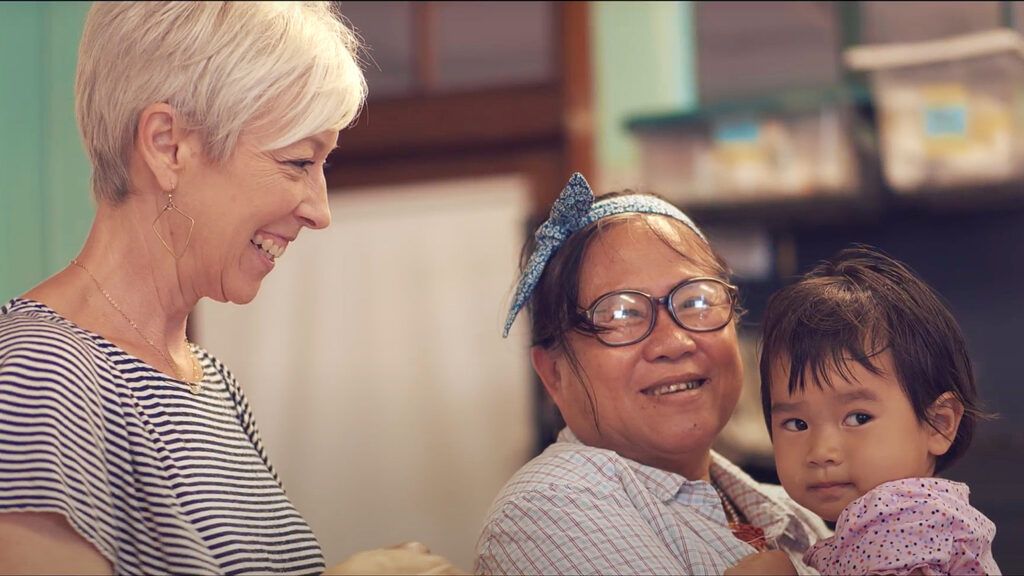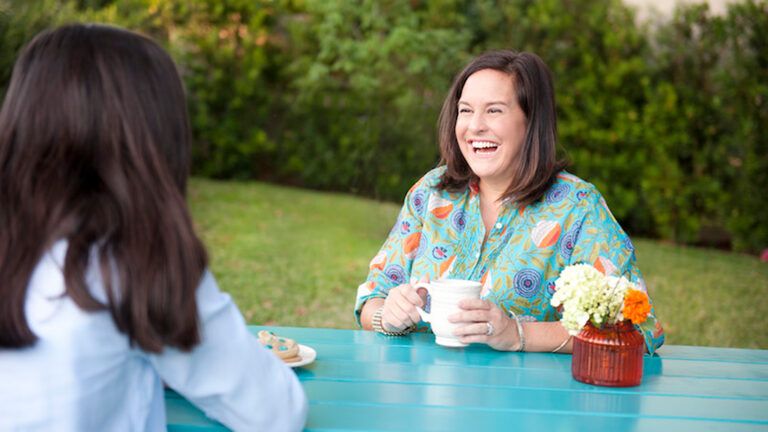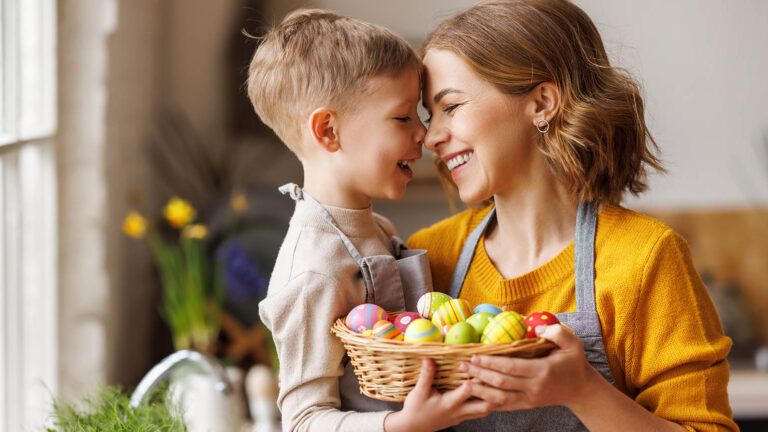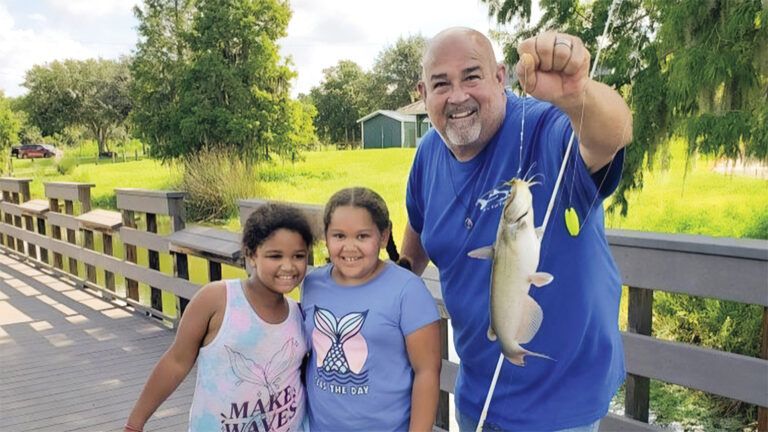Who She Is: Jen Owens is the founder of Forai, a faith-based St. Louis, Missouri, nonprofit with a unique way of helping refugee and immigrant women find their footing. In 2008, Jen and her family hosted two Bhutanese families for Thanksgiving. Members of an ethnic minority, they had fled persecution in Bhutan and spent 16 years in refugee camps in Nepal. Finally granted asylum in the United States, they’d arrived in St. Louis just two weeks earlier.
Jen’s church worked with a local resettlement group. The group asked if anyone could host the new arrivals for their first Thanksgiving. Jen and her family volunteered.
One of the Bhutanese families—a couple and their daughter—spoke English at the dinner. But the other, a widow and her two young children, did not. After the meal, Jen found herself worrying about the single mom. How would she be able to provide for her children with no connections, no job, no child care? Was there any way Jen could help?
“I couldn’t quit thinking about it,” Jen says. “It was as if the Lord kept bringing it to my mind. I spent a lot of time praying on it. Then the idea came to me.” What if Jen could bring women together to craft items by hand?
What She Does: Jen started Forai—Friends of Refugees and Immigrants—almost a year after that fateful Thanksgiving. The organization employs refugee and immigrant women who have been resettled in St. Louis and might not have the education or language skills necessary to find a job when they arrive. Forai provides them with the training, materials and resources they need to create handcrafted jewelry, clothing and accessories, which are sold on the Forai website or by retail partners.
Why She Does It: Jen knows what it’s like to be far from everything familiar. For five years, she and her family lived in Russia, doing missionary work. Her experience gave her empathy for those living in a new country, struggling to adapt.
Jen loves helping these women reach their full potential. “I enjoy watching them grow,” she says. “Especially as they grow in confidence.” Take Ning Lam Lun, the nonprofit’s assistant sewing coordinator from 2018 to 2020. “Forai gave me the confidence to begin managing my own sushi business,” Ning says.
How She Does It: Forai works with 8 to 12 refugee and immigrant women at a time. They are divided into two artisan teams—the Sewing Project and the Jewelry Project. Although jewelry-making can be easily taught, sewing and embroidery require more intensive instruction. Artisans attend Forai’s sewing workshop before joining the team.
The work is part-time and can be done from home. Hours are flexible, but the women must commit to a minimum of five hours a week. Those who go on to full-time employment give up their spots to women in greater need. But Forai is more than the goods it produces. It’s also about finding community in a new country.
How You Can Do It: Want to support Forai’s artisans? Their jewelry and accessories, including baby bibs and onesies, make lovely Christmas gifts. Visit forai.org to shop, donate or find a store that carries Forai products. If you live in the St. Louis area, you can also volunteer to serve as a sewing, jewelry design or ESL mentor.
For more inspiring stories, subscribe to Guideposts magazine.






